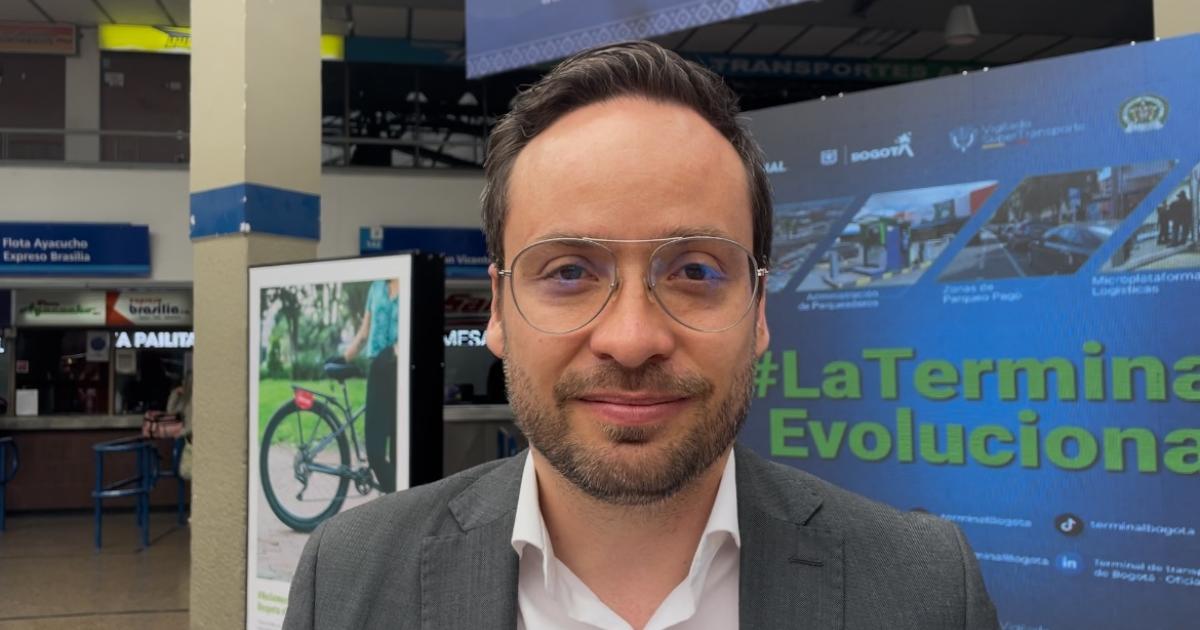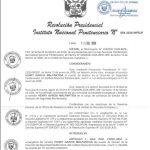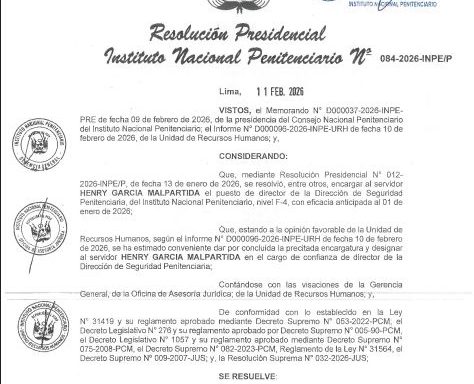The Transportation Terminal estimates that almost two million passengers transit during high season.
Manager of the new Bogotá Transportation Terminal.
The Bogotá Transportation Terminal, together with entities such as Uniceflaunched a Human Rights Policy this Tuesday. Its purpose is to “educate, raise awareness and generate articulation with other entities” so that the rights of travelers, especially children and adolescents, are respected.
“We are going to have an articulated action plan (…) to carry out actions to protect all others and respect human rights”, the terminal manager, Sebastián Velásquez, told RCN Radio.
You may be interested in: Tax reform: Government lowers project collection estimate to $9.8 billion
The initiative, as Velásquez explained, prioritizes the training of all those involved in the system (from transport companies to users) about what human rights comprise and how they are enforced.
In conversation with this medium, the director of the Missing Persons Search Unit, Luz Forero, emphasized that “Transport terminals end up being meeting spaces (…) and they are places where the missing people could have sent the last message to their family.” For this reason, he highlighted that it is a key place to do pedagogy “on the mandate of unity.”
In other news: Proposal to extend Line 1 of the Bogotá metro advances to Calle 100
Peak season
Between December 15 and January 15, The Bogotá Transportation Terminal expects 1.9 million passengers to transit in almost 124,000 vehicles. The entity urged to plan the trip and verify the requirements for transporting minors, as well as pets and oversized cargo.
Manager Velásquez called to plan the routes, take transportation with authorized companies. Other recommendations are to review travel requirements for children and pets.
It is worth remembering that in recent months, Transportation authorities strengthened the permit requirement for children to travel unaccompanied.
















